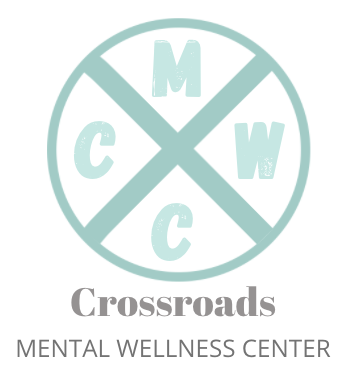Pre-Teen & Teenage Issues
Ages 10 to 19 are monumental growth and development years. Think about it, that’s 4th grade all the way to one’s first year in college!
Bodies and hormones change, brains are developing, self-identity is created, academic challenges arise, relationships (both friendship and romantic) come and go, starting post-secondary education, and not to mention, choosing a career pathway. That’s a whole lot going on in a short amount of time. Trying to balance everything can be overwhelming if teens don’t know how to healthily communicate and develop through each new challenge that is presented.
In addition to the normal life transitions pre-teens and teenagers face, according to Substance Abuse and Mental Health Services (SAMHS), more than two thirds of young people have experienced at least 1 traumatic event by the age of 16. SAMHS also found that half of all mental health disorders in adults start by age 14. Adverse Childhood Experiences (ACES) play a factor in brain development and how teenagers adapt to the world around them. The seven ACES are:
- domestic violence.
- parental abandonment through separation or divorce.
- a parent with a mental health condition.
- being the victim of abuse (physical, sexual and/or emotional)
- being the victim of neglect (physical and emotional)
- a member of the household being in prison.
The more ACES a pre-teen or teenager experiences the more likely they are to live unhealthy lifestyles without getting professional assistance.
Parents, caregivers, coaches, teachers, pastors, etc. play such a vital role in the lives of pre-teens and teens. However, young adults may find it easier to speak with a mental health professional that doesn’t know them or their family. There isn’t a history, but rather a fresh start and perspective to help teens make sense of themselves and the world going on around them.
At Crossroads, we work with pre-teens and teenagers individually, and in family settings; or sometimes both. While teenage years can be strenuous on young people, as a caregiver, guiding your child through their “ups and downs” can feel like you’re dealing with Jekyll and Hyde. And that’s because you really are. It’s not uncommon for pre-teens and teens to feel conflicted where they will say one thing and do another. They may break down and cry or become angry for no good reason. Family and caregivers always get the brunt of the emotions because family is a “safe space” and your child knows that you love them, and they can let their guards down around you. While that should be a comforting thought, it doesn’t make the hard times any less hard.
Please reach out today for any questions or a free consultation. Crossroads’ therapists are here to help pre-teens, teens and their families navigate through these important developmental years to come out stronger and healthier.

